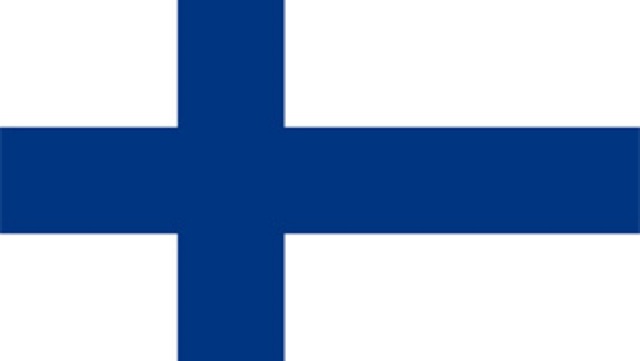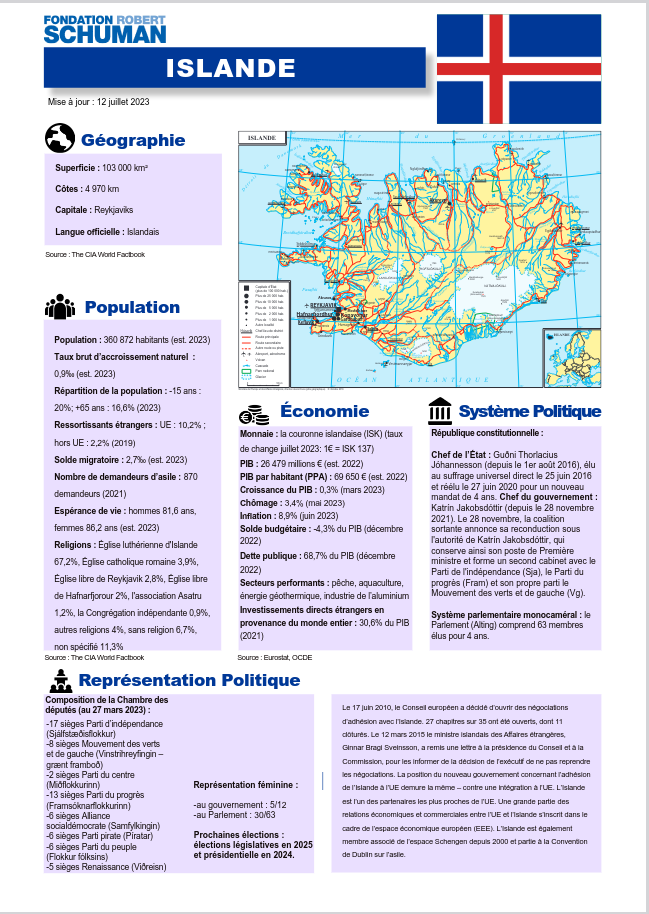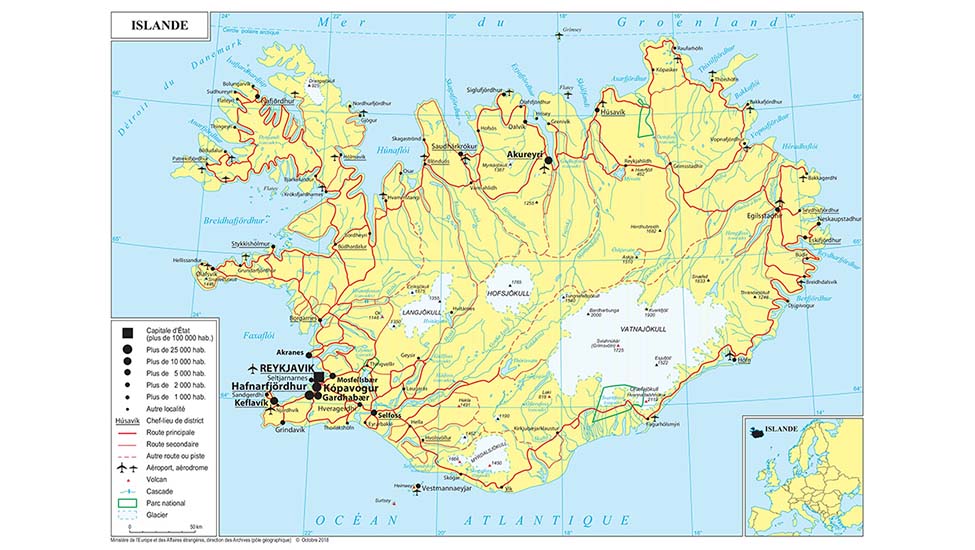
Geography
Area : : 103,000 km²
Borders : null
Coastline : 4,970 km
Capital : Reykjavik
Official language : Icelandic
Source : The CIA World Factbook
Flag
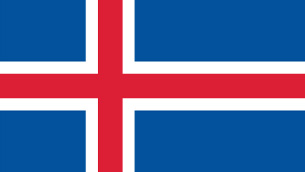
Population
Population : 387,758 inhabitants (2023)
Crude natural change rate : 4.4‰ (2022)
Population repartition: 18.2% under 15 years old, 15% over 65 years old (2023)
Foreign residents: EU nationals 11%, non-EU nationals 3% (2021)
Crude net migration rate: 2.7‰ (2023 est.)
First time asylum applicants: 4,155 applicants (2023)
Life expectancy: men 80.9 years, women 84.4 years (2023)
Religions: Lutheran Church of Iceland 67.2%, Roman Catholic Church 3.9%, Reykjavik Free Church 2.8%, Hafnarfjorour Free Church 2%, Asatru Association 1.2%, Independent Congregation 0.9%, other religions 0.4%, no religion 6.7%, unspecified 11.3%
Source : Eurostat, The World Factbook
Economy
Currency: Icelandic Crown (ISK) (exchange rate in July 2024: 1 € = ISK 149.11)
GDP: € 28,693.1 million (2023)
GDP per capita (PPS): € 39,540 (2023)
GDP growth : 4.1% (2023)
Inflation: 5.2% (May 2024)
Public debt: 64.8% of GDP (2023)
Unemployment: 3.5% (February 2024)
Stock of foreign direct investment from the entire world: 30% of GDP (2022)
Performance sectors: fishing, aquaculture, geothermal energy, aluminium industry
Budget balance: 0.6% of GDP (Q4 2023)
Source : Eurostat, OECD
Political system
Constitutional republic
Head of State President Halla Tómasdóttir was elected by direct universal suffrage on June 1rst 2024 for four years. The incumbent president, Guðni Thorlacius Jóhannesson, did not seek reelection.
Head of government: Bjarni Benediktsson (Independence Party) since April 9th 2024, after Katrín Jakobsdóttir (Green and Left Movement) resigned from her post on April 5th 2024. He leads the same coalition as his predecessor between his party the Independence Party (Sja), the Progressive Party (Fram) and the Left-Green Movement (Vg).
Monocameral parliamentary system The Parliament (Alting) comprises 63 members elected for four years.
Political representation
Parliament composition (on December 6th 2023)
- 17 seats Independence Party (Sjálfstæðisflokkur)
- 8 seats Left-Green Movement (Vinstrihreyfingin – grænt framboð)
- 2 seats Centre Party (Miðflokkurinn)
- 13 seats Progressive Party (Framsóknarflokkurinn)
- 6 seats Social Democratic Alliance (Samfylkingin)
- 6 seats Pirate Party (Píratar)
- 6 seats People’s Party (Flokkur fólksins)
- 5 seats Liberal
- On June 17th 2010 the European Council decided to open accession negotiations with Iceland. 27 of the negotiating chapters have been opened, of which 11 provisionally closed. In March 2015 Iceland’s government requested that «Iceland should not be regarded as a candidate country for EU membership». The position of the 2017 government remains also against the integration of Iceland in the EU.
- Iceland is highly integrated with the EU through its membership of the European Economic Area (EEA), the Schengen Area and the European Free Trade Association (EFTA). It is also a signatory of the Dublin regulation on asylum and a partner in the EU’s Northern Dimension policy to promote cooperation in Northern Europe.
Women's representations
- in government: 6/12
- in the Parliament: 30/63
Next Elections:
On The Same Theme
Country Sheet
Country Sheet
Country Sheet
Country Sheet
Country Sheet
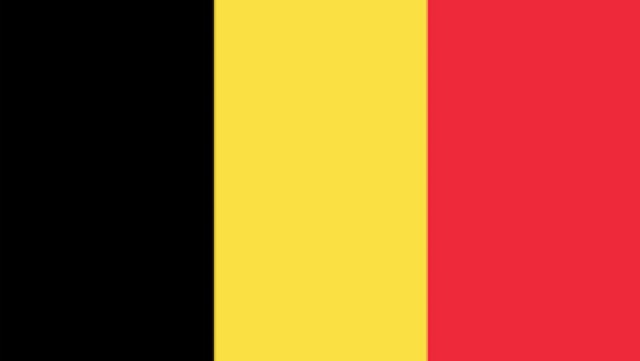
Country Sheet
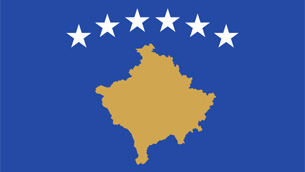
Country Sheet
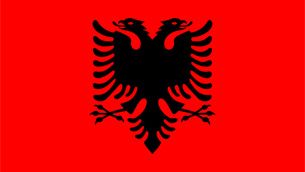
Country Sheet
